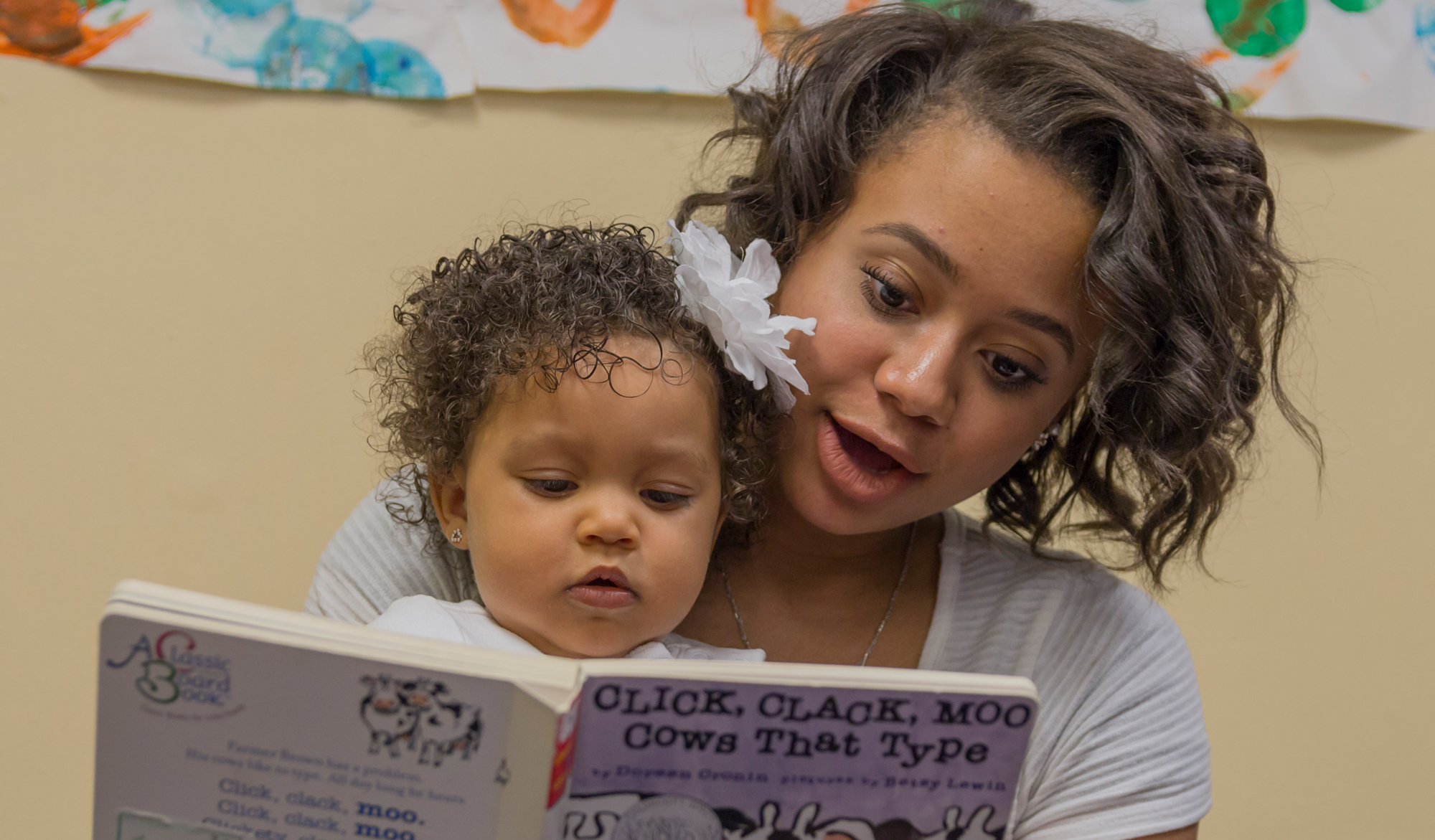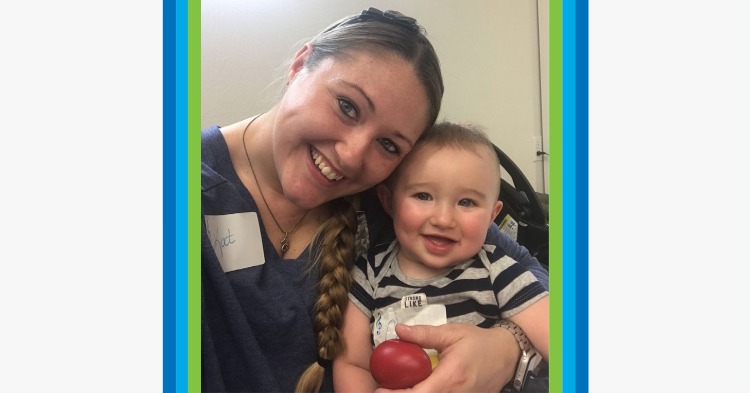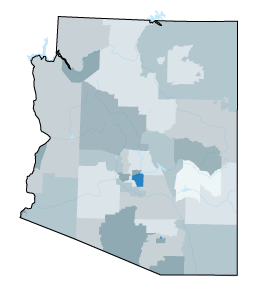
First Things First partners with families and communities to help our state’s youngest children prepare for kindergarten and beyond.
Many young children in Arizona face challenges that threaten their healthy development and learning. In the Southeast Maricopa Region, there are 68,471 children (under age 6) with 19% living in poverty.
Here is how FTF is working to support young children and their families in this region.
|
«When we address the needs of young children and their families, we prepare our communities for success. Access to education, help with parenting challenges and accurate information all support young children and their families at a time when those resources transform a child’s entire life.” Rev. Abigail Conley |
Southeast Maricopa Regional Key Impact Highlights
[Fiscal Year 2020]

10,108 Families of newborns received the Arizona Parent Kit, filled with tips and tools to help support their child’s healthy development.
1,442 Families or caregivers served by receiving referrals or by participating in activities at family resource centers.

5,678 Children attended preschools and child care programs participating in Quality First.
525 Children birth to age 5 received a Quality First scholarship to attend high-quality preschools and child care programs.

1,679 Children received a screening to detect tooth decay, which left undetected and untreated could cause damage to permanent teeth, impair speech development and failure to thrive.
572 Children monitored to receive appropriate screenings to detect vision, hearing and developmental issues to prevent learning challenges later on.
582 Families with young children participated in voluntary home visiting programs proven to reduce parental stress levels, increase connections to community supports, and improve children’s cognitive, motor, behavioral and social-emotional development.

Southeast Maricopa Family Story
Family resource center helps Gilbert boy build self-esteem and self-discipline skills
Even though she has a successful career, Kat Somers of Gilbert was like many new moms — unsure she had the skills to be the best parent she could be to her son, Carson. Kat and her fiancé , Kevin, decided that it would be beneficial for Somers to stay-at-home with Carson the first year, because they knew the early years were important.
“I knew being a stay-at-home mom was an important role but didn’t realize that I would struggle,” Somers said. “I have older step-children, so I was not used to parenting little minds and expanding their horizons. I needed help learning how to communicate with Carson and parent in effective ways.”
Read moreFTF Southeast Maricopa Regional Partnership Council
SFY20 Total Regional Program Expenditures
The FTF Southeast Maricopa Regional Partnership Council is made up of volunteers who study the unique needs of the local community and decide how funds should be used to best support the healthy development and early learning of young children birth to age 5. FTF invests in proven FTF Southeast Maricopa FY20 Total Regional Program Expenditures programs and innovative strategies through grants to community organizations that provide services to children and families. Some of the programs in this region include Parents as Teachers, Quality First and First Teeth First.
| Strengthening Families | $4,326,381 | 44% |
| Quality Child Care and Preschool | $4,093,111 | 40% |
| Preventive Health | $854,305 | 8% |
| Research and Evaluation | $299,224 | 3% |
|
Parent and Community Awareness |
$186,071 | 2% |
| Workforce Development and Training | $138,043 | 2% |
| Coordinating Care | $69,146 | 1% |
| TOTAL |
$9,966,282 |

The FTF Southeast Maricopa Region is comprised of several communities within the southeastern portion of Maricopa County and includes Mesa and Gilbert, as well as the parts of Queen Creek and Apache Junction which lie within Maricopa County. It also includes some unincorporated areas adjacent to Mesa or Gilbert. The FTF Southeast Maricopa Region includes Legislative Districts 12, 16, 17, 25 and 26. (Legislative districts are not necessarily congruent with regional boundaries.)



